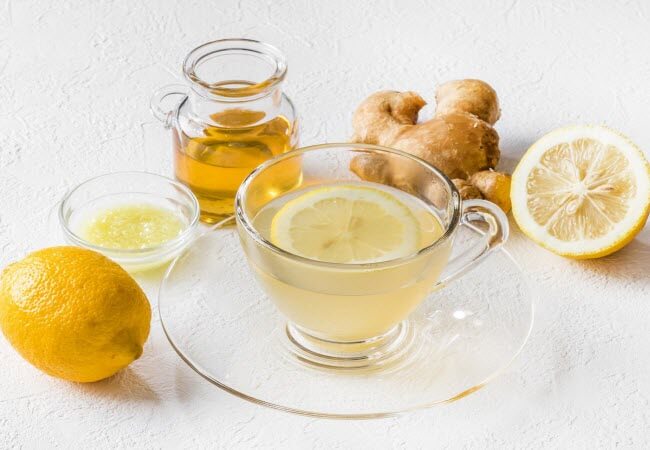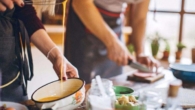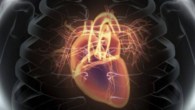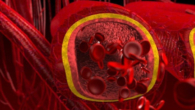
6 healthy foods that don't cure a cold
0
Lemons, hot tea, honey, and raspberry jam are a typical food set recommended for treating a cold. But do they really help? That's the question.
Tea. This drink is healthy, there's no doubt about it. But don't forget that tea is rich in caffeine and has diuretic properties. Active loss of fluid by the body leads to thickening of the blood, which not only does not cure a cold, but, on the contrary, worsens the condition. The processes aimed at fighting infection slow down and inhibit the immune response. Those who drink tea should definitely drink water. Or use herbal teas with sage, thyme or chamomile for drinking.
Lemon.Lemons, which are useful in many ways, may not have the expected therapeutic effect. According to doctors, citric acid irritates the mucous membrane, which is already inflamed due to the disease. As a result, its healing is inhibited.
Garlic.What is the basis for the belief in the healing properties of garlic for colds and flu? It is unclear, but it is credited with almost magical properties. In fact, there is no clear scientific evidence of the effectiveness of garlic for colds, as well as in the prevention of infections and viruses. In turn, eating garlic too much causes symptoms of flatulence, and can also exacerbate the manifestations of chronic pancreatitis.
Orange. An average orange contains the daily norm of vitamin C. But how does this fit with the treatment of colds? An analysis of studies involving 11 thousand people showed that ascorbic acid can slightly alleviate the course of the disease, but it still does not work as a medicine. In addition, scientists note that citrus fruits negatively affect the process of assimilation by the body of anti-inflammatory drugs containing acetylsalicylic acid (aspirin).
Honey and raspberry jam. No one disputes that these products contain useful substances. The problem is that to treat colds, people start eating them in much larger quantities than necessary. But the sugar contained in honey and jam promotes glycation of immune proteins, which prevents antibodies from destroying pathogens. Sweets also contribute to the thickening of mucus in the body, which provokes the development of sinusitis, bronchitis, pneumonia.









Leave a Reply